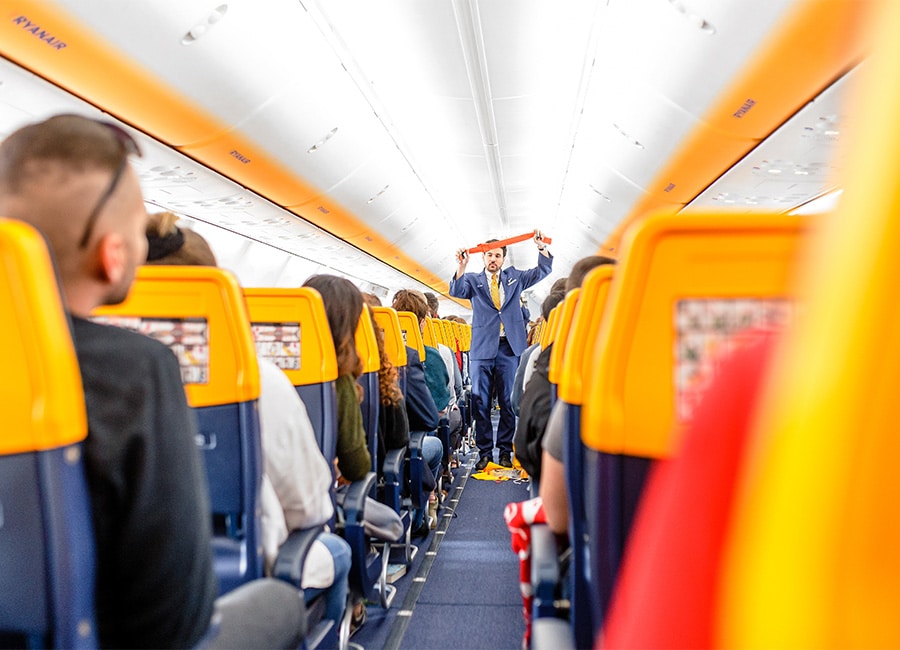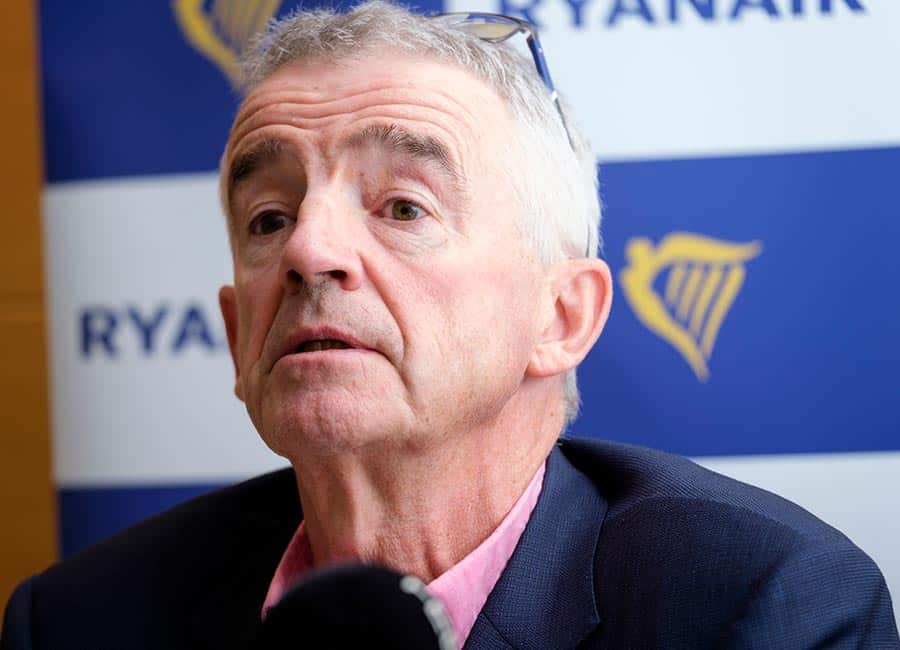Ryanair carried 15.9m passengers in last month, an increase of 49% from the 10.6m passengers that flew with the budget airline in September 2021.
Ryanair services operated at an average load factor of 94% in September, an increase of 13 percentage points year-on-year from 81% this time last year.
The Irish carrier operated approximately 88,850 flights in September, down slightly from 92,800 flights during its record August, when the company carried 16.9m guests at an average capacity of 96%.
Ryanair carried 153m passengers over a rolling 12-month period to the end of September, more than tripling the number of people flying with the firm in the year prior to that (49.5m), representing an increase of 209%.
The average load factor on Ryanair flights over the past year was 90%, up 13 points from the 77% average in the 12 months to September 2021.
Ryanair last week announced its intention to add 2,000 jobs in Ireland by the end of the decade amid efforts to grow annual passengers numbers by to 30m.

The firm plans to invest €20bn on aircraft, €50m on a training centre in Santry, and €8m on an engineering excellence centre in Dublin.
Other investments include €10m in a three-bay maintenance hangar in Shannon that will require 200 new jobs in Clare, and a commitment to grow Ryanair Labs from 600 to 1,000 high-tech development jobs over the next five years.
The company also commissioned a report from PwC indicating that Ryanair and its customers spend some €1.5bn in Ireland annually. The report showed that Ryanair supports 26,000 jobs in Ireland and carries 200m passengers per year on 200 routes from seven Irish airports.
During the company's latest full financial year, which ended in March, Ryanair made a loss of €241m, an improvement from the €1bn loss it suffered a year earlier and in comparison to the €649m profit booked in 2019-20.
Revenues of €4.8bn were still well short of the €8.5bn turnover recorded in the last non-Covid year, but again a major improvement on the €1.6bn figure of 2020-21.
Photo: Ryanair Holdings CEO Michael O'Leary in Brussels this month. (Pic: Thierry Monasse/Getty Images)








